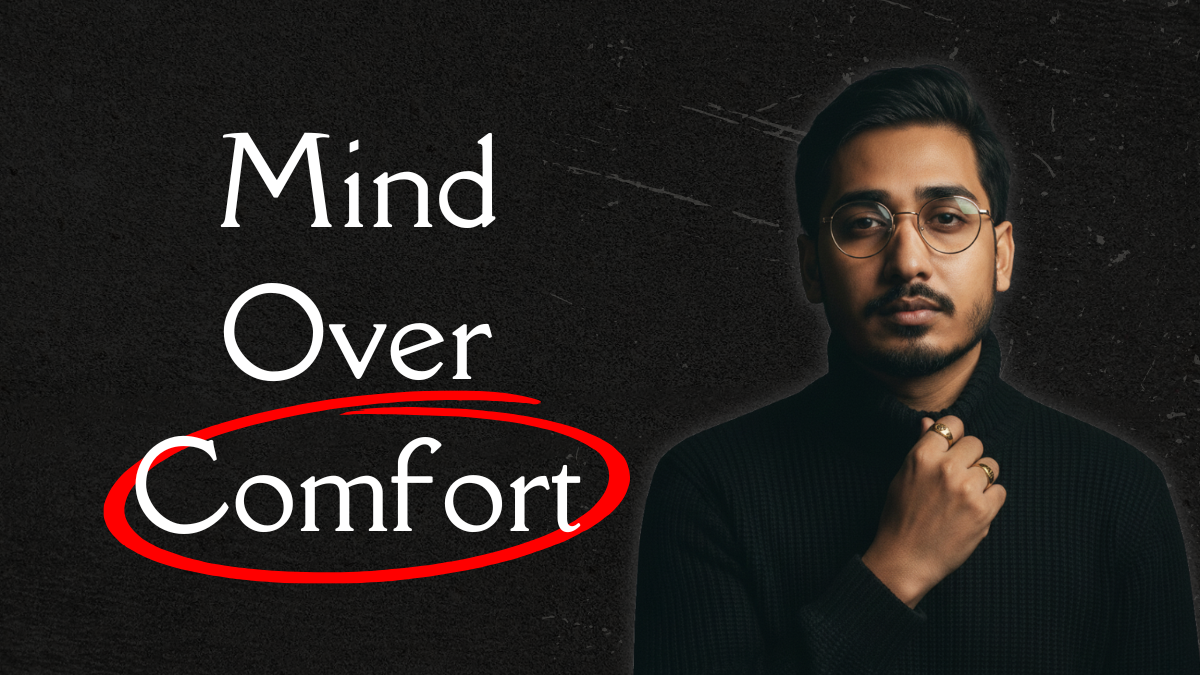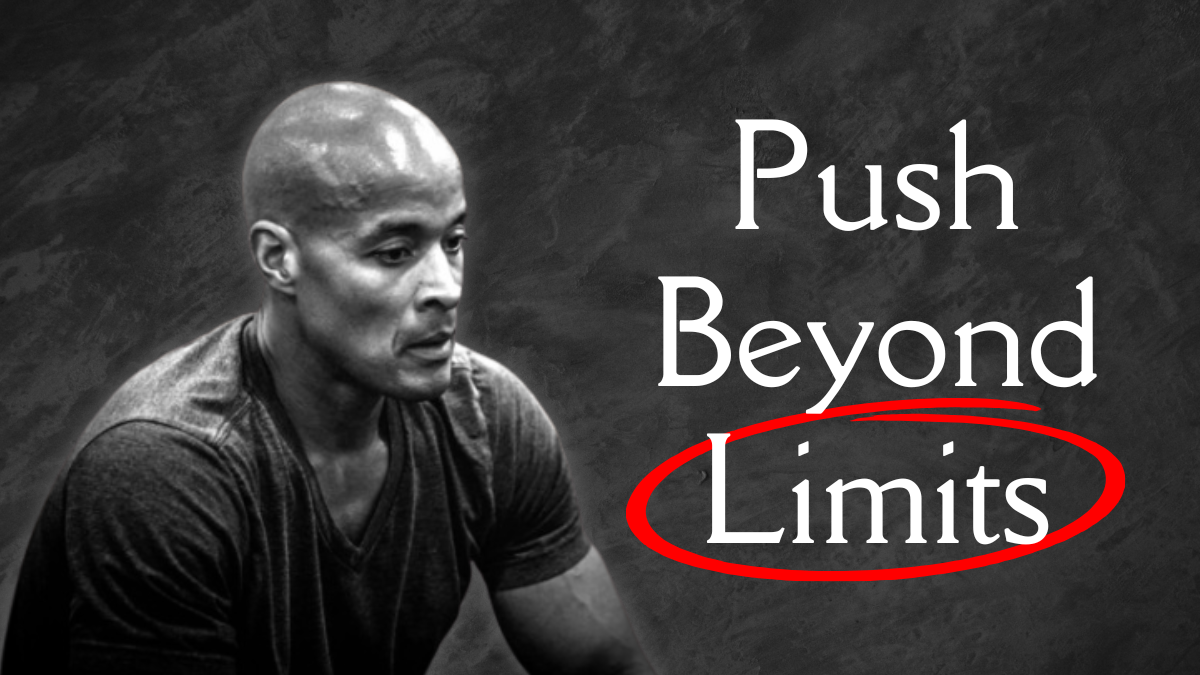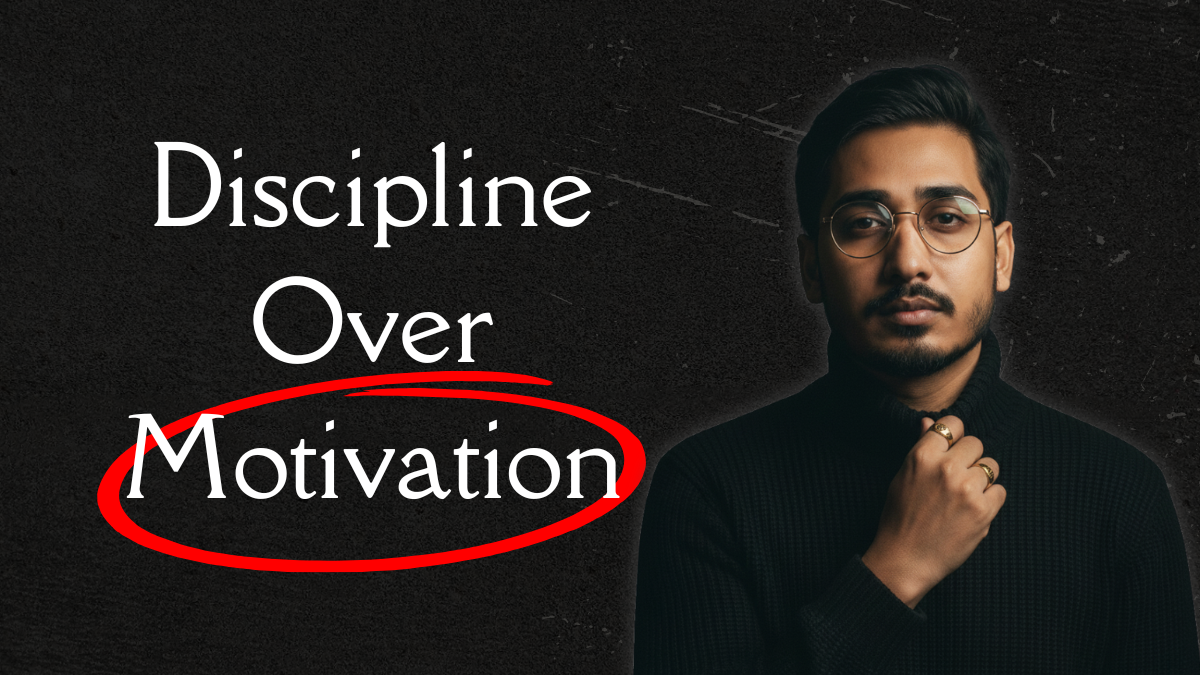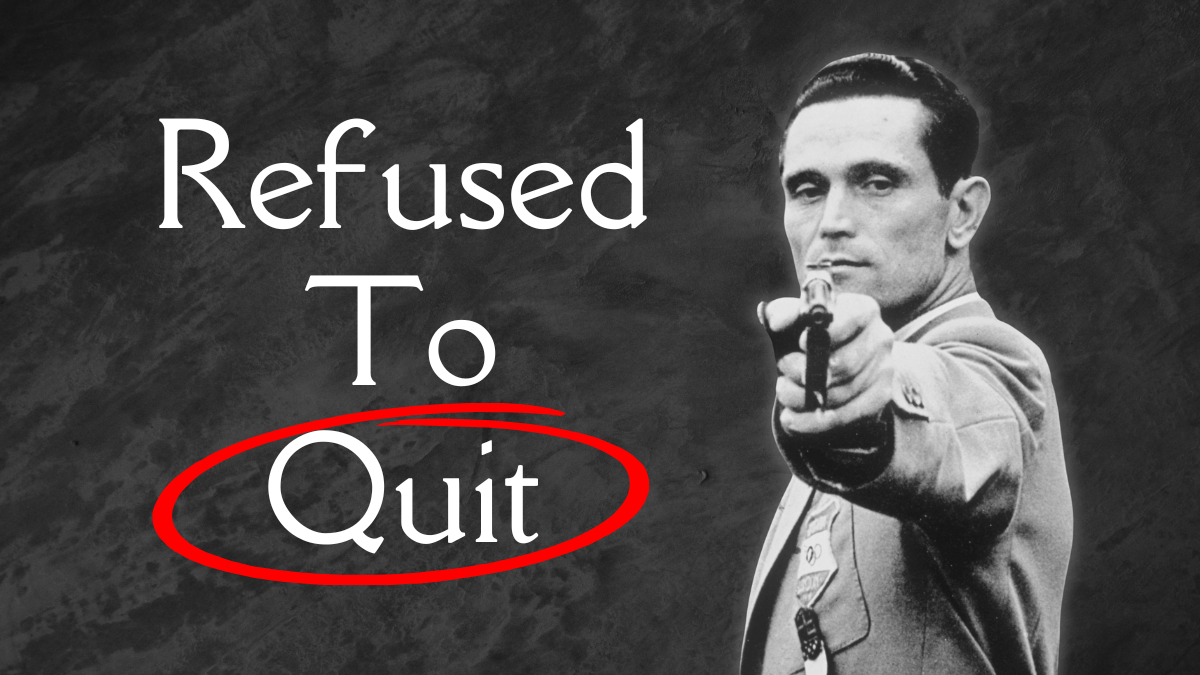

David Goggins: The Man Who Refused to Be Broken
Latest posts
Do You Enjoyed This Article?
Join our community and get updated every week. We have a lot more just for you! Let’s join us now.
There’s something unsettling about David Goggins. Not in a bad way—more like the way you feel when you realize you’ve been making excuses your entire life and someone just called you out on it without saying a word.
You’ve probably seen him on social media, heard him on a podcast, or caught one of his relentless speeches about “staying hard” and “callusing your mind.” Maybe you rolled your eyes. Maybe you felt a little attacked. Or maybe, like millions of others, you felt something shift inside you.
But who is this guy, really? And why does a former Navy SEAL who loves to run ultramarathons and talk about suffering have such a grip on modern culture?
From Rock Bottom to the Impossible
David Goggins wasn’t born exceptional. Actually, his early life reads more like a cautionary tale than an origin story for someone who’d become one of the world’s toughest endurance athletes.
Growing up in an abusive household in Buffalo, New York, Goggins spent his childhood living in fear. His father ran a roller skating rink where young David worked grueling late-night shifts instead of enjoying a normal childhood. The abuse was severe. The escape, when it finally came, brought its own challenges—poverty, racism, and a learning disability that made school a daily humiliation.
By his early twenties, Goggins was nearly 300 pounds, working as an exterminator, and spraying for cockroaches with a future that looked just as bleak. He was depressed, broke, and going nowhere fast. This is the part of his story that matters most—because it proves he started from a place most of us can actually relate to.
The 100-Pound Decision
One night, watching TV from his couch, Goggins saw a documentary about Navy SEAL training. Something clicked. Or maybe snapped. He decided right then that he would become a SEAL—despite being nearly 300 pounds and having never run more than a quarter mile in his life.
What happened next sounds fictional. In less than three months, Goggins lost 106 pounds to meet the Navy’s weight requirements. He didn’t have a fancy trainer, a nutritionist, or some Instagram-worthy meal prep system. He just decided, and then he suffered for it. This would become his signature approach to everything: identify the thing you fear most, then run straight at it.
But here’s where Goggins differs from your typical motivational story. He didn’t just become a Navy SEAL and ride off into the sunset. He went through Hell Week—the notorious five-and-a-half-day crucible that breaks most candidates—three times. Not because he failed, but because injuries forced him to restart. Most people would’ve taken that as a sign. Goggins took it as Tuesday.
The Ultramarathon Man Who Couldn't Run
After becoming a SEAL and later a member of SEAL Team 5, Goggins discovered ultramarathon running almost by accident. He needed to raise money for the Special Operations Warrior Foundation after some teammates died in Afghanistan. His brilliant plan? Run a 100-mile race despite having never run more than a marathon.
Oh, and he decided to do this with only two days’ notice.
The San Diego One Day was a 24-hour race where competitors run as many laps as possible around a one-mile loop. Goggins showed up with basically no training and proceeded to run 101 miles, completely destroying his body in the process. He lost toenails. His kidneys nearly shut down. He could barely walk for weeks.
His response? Sign up for more races.
Since then, Goggins has completed over 60 ultramarathons, triathlons, and ultra-triathlons, setting new course records and regularly placing in the top five. He once held the Guinness World Record for most pull-ups in 24 hours—4,030—after two failed attempts that would’ve crushed anyone else’s spirit.
The 40% Rule and Other Mental Warfare
What makes Goggins fascinating isn’t just what he’s done, but how he thinks. His philosophy centers around what he calls the “40% Rule”—the idea that when your mind tells you you’re done, you’re really only 40% depleted. The remaining 60% is locked behind a door labeled “pain,” “suffering,” and “this really sucks.”
Most people never even knock on that door. Goggins kicked it down and moved in.
His concept of the “accountability mirror” is equally brutal. He literally stands in front of a mirror and has honest conversations with himself about his shortcomings, his lies, his excuses. He writes his goals on Post-it notes and sticks them on the mirror, forcing himself to confront them every single day. No hiding. No bullshit.
Then there’s the “cookie jar”—a mental collection of past victories you can draw from when things get hard. Struggling on mile 80 of a 100-mile race? Remember that time you lost 106 pounds. Remember Hell Week number three. Remember every time you wanted to quit and didn’t.
These aren’t just cheesy self-help concepts. For Goggins, they’re survival tools forged in actual suffering.
The Controversy and the Critics
Not everyone loves David Goggins. Some people find his approach excessive, even dangerous. Critics argue that his philosophy glorifies suffering for suffering’s sake and that his extreme methods aren’t sustainable or healthy for most people.
They have a point. Goggins himself has acknowledged the toll his lifestyle has taken on his body. He’s had multiple surgeries, dealt with chronic injuries, and pushed himself to limits that doctors explicitly warn against.
But Goggins isn’t claiming everyone should become an ultramarathon runner or do 4,000 pull-ups. His message is simpler and somehow more challenging: you’re capable of far more than you think, and the only way to find your actual limits is to go looking for them.
Why He Matters Now
In an era of optimization hacks, life coaches, and five-minute morning routines that promise to change your life, Goggins offers something radically different: the truth that real change is uncomfortable, unglamorous, and really freaking hard.
He’s not selling a supplement, a course, or a six-week transformation. He’s selling something much harder to market—the idea that you already have everything you need, and the only thing standing between you and your potential is your willingness to suffer.
That message resonates because deep down, most of us know he’s right. We know we’re making excuses. We know we’re quitting too early. We know we’re settling.
Goggins is living proof that your starting point doesn’t determine your destination. That the voice telling you to quit is usually lying. That comfort is often the enemy of growth.
Final Thoughts
David Goggins probably isn’t for everyone. His intensity is off-putting to some, inspiring to others, and honestly a bit terrifying to most. But in a world that increasingly celebrates ease and comfort, there’s something valuable about a guy who chose the hardest possible path and then kept choosing it, over and over again.
You don’t have to run 100 miles or do thousands of pull-ups. But maybe, just maybe, you can push a little harder than you did yesterday. Maybe you can stop lying to yourself about why you can’t. Maybe you can find out what you’re actually capable of.
That’s the real challenge Goggins presents—not to be him, but to stop being afraid of who you might become if you really tried.
And that’s a challenge worth accepting.

Mustafiz Man
GoHighLevel & Paid Ads Specialist


